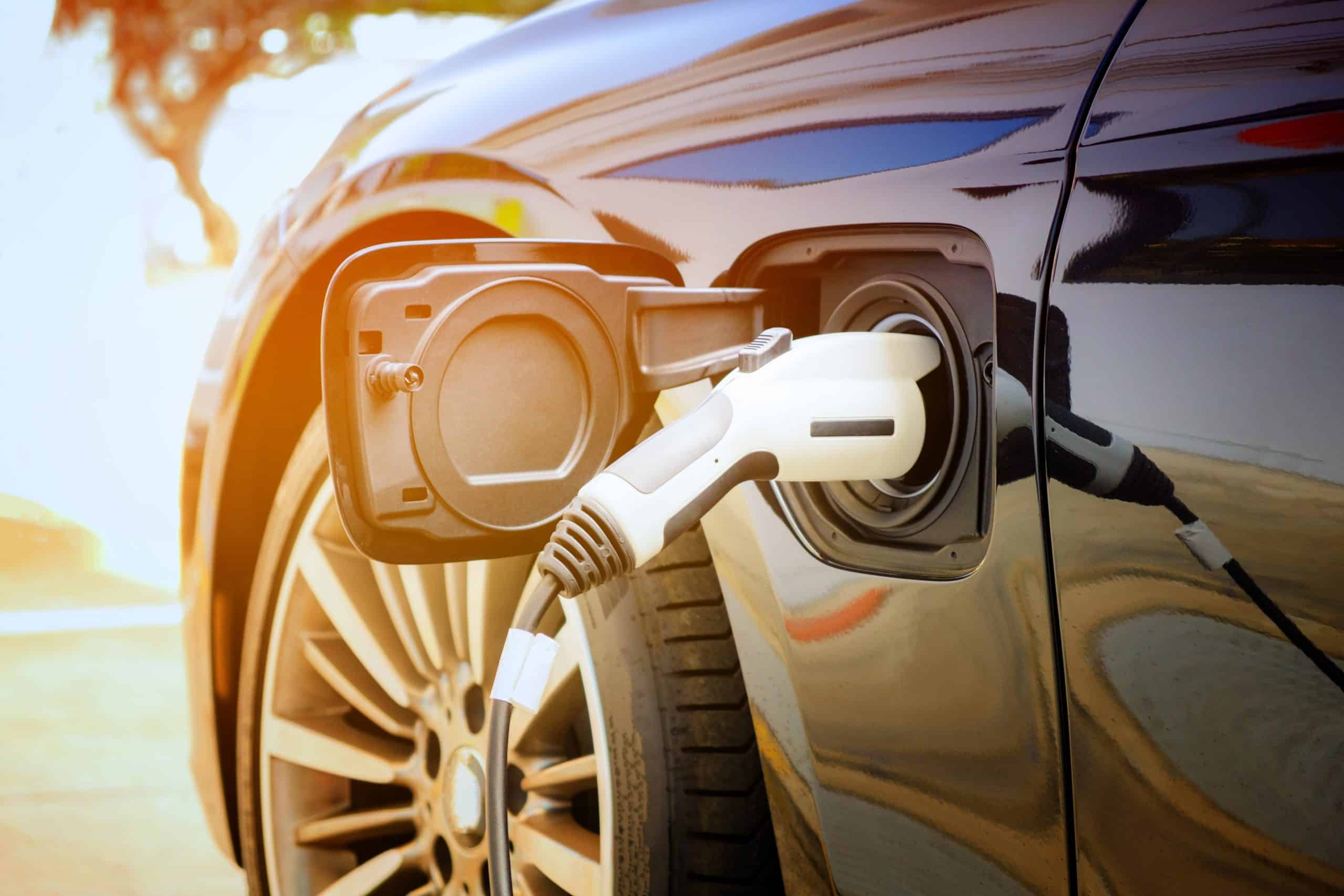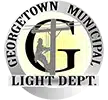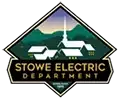The Commonwealth has created an ambitious clean energy road map, including making the shift to all electric vehicles by 2035.
In order to accomplish these goals, incentives have been created at both the federal and state level to motivate consumers to make the transition from gas-powered vehicles to electric.
New EVs
The Federal Clean Vehicle Credit has been updated for 2023 and is valid through 2032. For new electric cars, up to $7,500 will be credited. Vehicles will have to qualify with North American assembly, while meeting battery components and mineral requirements. MSRP must also be less than $55,000 for sedans and hatchbacks, $80,000 for SUVs, pickup trucks and vans. In addition, consumer household income plays a factor and must be less than $300,000 for joint filers and $150,000 for individual filers.
Massachusetts MOR-EV State Rebate has less stringent requirements. There are no income thresholds for receiving a rebate. However, battery-electric vehicles must have an MSRP under $55,000. An application for the rebate can be filled out online at www.more-ev.org within three months of purchase or lease.
Used EVs
The Federal Clean Vehicle Credit will reimburse up to $4,000 or 30% of sales price, whichever is lower for used electric cars. The MSRP must be under $25,000 and at least two model years old. Unlike with the new EV credit, there are no battery, mineral or assembly location requirements for used cars. The vehicle must be purchased from a dealership and household income must be less than $150,000 for joint filers and less than $75,000 for individual filers.
The Commonwealth has yet to establish a rebate for used electric vehicles but hopes to have one available soon. Plans are also being made to have additional rebates for low-income drivers and drivers trading in gasoline-powered cars.
EV Charging Stations
In addition to rebates for EV purchase, there are tax credits available for charging stations. At the federal level, there’s a tax credit of 30% up to $1,000 for home charging infrastructure installation.
In Massachusetts, National Grid and Eversource offer infrastructure, hardware, and installation support for residential customers to varying degrees depending on a number of factors. If you live in a community with a municipal utility, check with your electric utility for programs to support charging installation. Programs such as MassEVIP, which is available for multi-unit dwellings, workplaces and other non-residential locations. There will be more incentives to come as the state has committed $400 million to Make Ready programs and rebates for electric charging installation over the next four years.
As we move into a cleaner energy future, these subsidies from our federal and state government will make the EV market happen. The State will be announcing in the fall of 2023 a trade-in rate that consumers will be able to use for gasoline cars if they switch to an electric vehicle. Stay tuned for more updates as these programs evolve and more information becomes available.
Related links:
Federal – Credits for New Clean Vehicles Purchased in 2023 or After
Federal – Used Clean Vehicle Credit
State – MOR-EV Rebate Programs
ABOUT ENERGY NEW ENGLAND (ENE)
ENE is the largest wholesale risk management and energy trading organization serving the needs of municipal utilities in New England. ENE works with numerous businesses, residents, and utilities to help promote the principles of conservation, efficiency, and environmental stewardship, and advances the many benefits available through integrated sustainability planning – including home energy audit programs, electric vehicle programs, wholesale energy procurement and risk management programs, regulatory and lobbying services. www.ene.org






























